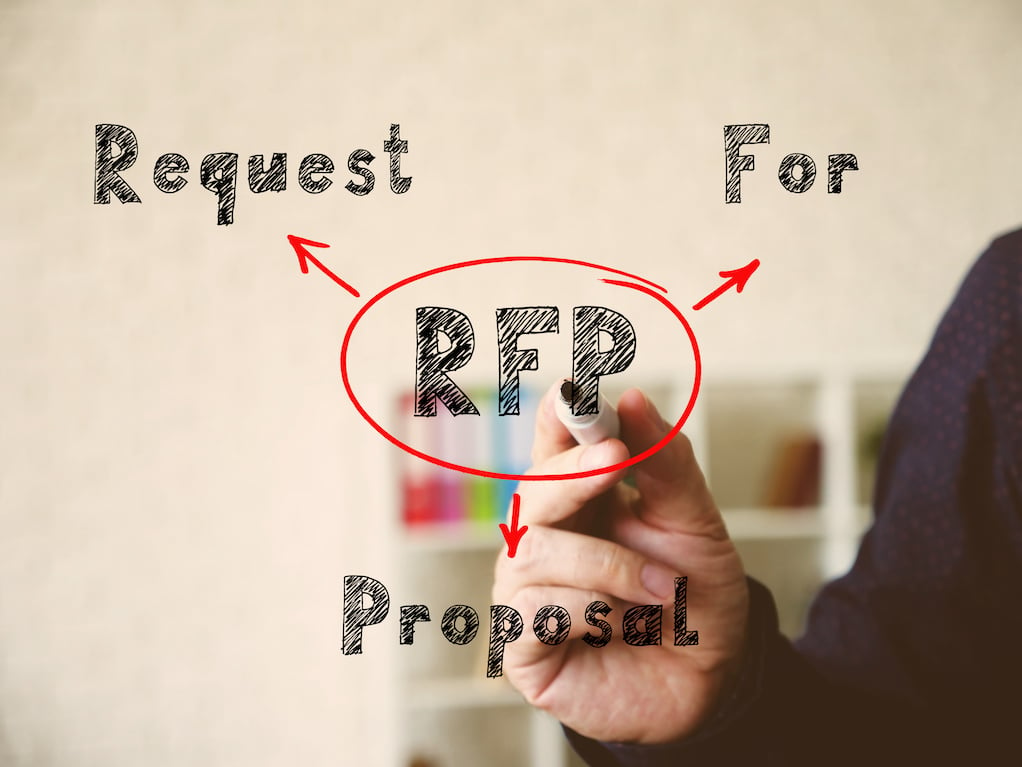You never want to leave any room for error in your lease. However, the gravity of this concern is heightened when the feature in question can eventually become nearly half of your lease’s total cost.
Your operating expenses (OpEx) are a critical part of your lease. They ensure that your property is running in working order. However, if you are not careful when negotiating your OpEx, you could be financially responsible for more than you bargained for. In addition, there are many areas of concern within OpEx that tenants can get taken advantage of.

How do we know this? As tenant reps, we have been present to negotiate hundreds of corporate leases. We have helped our clients avoid unnecessary fees and settle on payment schedules that work for their budget.
So if you want to learn about securing operating expenses that lie in your best interest, read on. We will go through the concerns you should have at the top of mind and the options a skilled tenant rep will advocate for
Detail, Detail, Detail
Know that your OpEx clause should be as detailed as possible. That way, there is no room for ambiguity or error. Often, if something is not mentioned in a lease, you will not possess its rights. In some leases, landlords may cleverly omit certain factors and, as such, invalidate the tenant’s claim to them.
Therefore, when ironing out the details of the operating expense, ensure that the following concerns are thoroughly addressed:
- What costs are passed on to you, the tenant
- How are expenses calculated
- What is your expense share
- What controls are on the expenses; are there any caps?
- When are expense increases paid
Failure to fully outline every OpEx factor leaves you open to issues down the line. Remember that the lease negotiation phase is your one chance to get costs right. Your company will be responsible for these costs for many years, so make sure there is no room for error.

Make Sure the Landlord’s Expense Stop Estimate Isn’t Too Low
One of the primary determinants for your OpEx budget is the amount your landlord agrees to cover. With operating expenses, especially in multi-tenant buildings, landlords typically include the base year of OpEx in a full-service office lease. Their portion is known as the expense stop. All costs beyond this stop are passed through to you, the tenant.
Landlords Will Likely Not Reevaluate Expense Stop
Tenants should be hyper-aware of how the expense stop is calculated because these base-year expenses are fixed for the duration of the lease’s term. As a result, you will be responsible for the operating expenses above this base year expense stop.
|
In most cases, landlords will not apply annual escalations to the operating expense stop. |
Your landlord will maintain the original expense stop, whether prices remain the same or go up. As a result, the gross rental rate dedicated to covering operating costs will remain the same. By doing so, they are protecting themselves from inflation while leaving you vulnerable to it. In this case, your operating expenses are likely to grow over your lease term.
Concerns With Base Year Approach
Generally, the landlord will use a base year of OpEx to determine the amount they cover. However, this may not be an accurate assessment of all the expenses incurred in years to come. This is especially true for tenants of new buildings. If your landlord uses a base year approach to determine the building’s total OpEx cost when the property is not yet fully occupied, they may skew the estimate of future OpEx costs. Often, there is no simple calculation to “gross-up” the expenses to the amount encountered by a full building. As a result, you may not receive a fair estimate for future OpEx or expense stops.

It is critical to ensure that your expense stop isn’t too low. It is the key line of defense tenants have against excessive OpEx payments. If it is not quoted fairly, you will be left with the brunt of OpEx costs, which may eventually become 40% of your lease’s value. Ouch!
It is also not likely that you will be able to negotiate for readjustments to the expense stop (so the importance of an accurate expense stop is heightened.) Generally, landlords have no incentive to review factors like expense stops once you sign the lease because they have you on the hook. That is why it is critical to apply due diligence regarding OpEx in the negotiating stage.
You may get a clearer view of the property’s operating expenses when submitting your Request for Proposal (RFP). Your tenant rep should request the building’s OpEx for the last 3 years. As a result, you can be more prepared to understand the typical costs you may incur.

Introduce Caps for Certain Fees
Determining the price of operating expenses is largely out of the landlord’s hands. Usually, the vendors will set their respective price tags. As a result, there is likely not much negotiating you can do about those costs with your landlord.
Similarly, if there are escalations to these expenses, you may not be in a position to get out of paying them. If you are in a full-service lease, your landlord will charge a higher base rent rate to cover increases that OpEx vendors introduce. Landlords will generally pass-through OpEx escalations to tenants.
However, your landlord will usually include a property management fee among the operating expense charges in a full-service lease. What they charge you for property management is within their direct control. As a result, you have the potential to ask for a percentage cap to avoid excessive fees.
|
In general, you have the power to negotiate the costs for items within the landlord's influence. |
Typically, a property management fee will be around 3-5 percent of the rent. Don’t allow the landlord to pass on more than the typical fees associated with property management. In a tenant-preferred lease, the property management fee would be closer to 3%. Accordingly, if you work with a tenant rep that protects your interests alone, they will push for a similar, low rate.

Tenants can also push for audit rights within their lease. This will allow you to look through a landlord’s books to assess how accurate their expense pass-throughs are calculated. If you choose to exercise this option, you will likely be the party paying. However, when negotiating your lease, you could include a provision that would leave your landlord financially responsible for the audit if inaccurate expense pass-throughs are discovered.
A note of caution here- landlords don't usually like to offer this. Depending on the size of your space and even the size of your company, you may or may not get this.
Tenant-Preferred Pass-Through Schedule
There are several ways in which expenses will be passed through to the tenant:
- The tenant receives the landlord’s invoice and has a specified period to pay the total cost as a lump sum.
- The tenant receives the landlord’s OpEx invoice, and the amount is divided into 12 equal payments and added to the monthly base rent payment.
- The tenant receives the landlord’s invoice for an estimate of the next year’s OpEx and pays it as a lump sum.
- The tenant receives the estimate of the next year’s payments, and it is broken into 12 equal payments and added to the base rent rate.
Specific consideration should be paid to the reasonable period in which the tenant has to pay a lump sum. The landlord and tenant should clearly define expected payment schedules.

The landlord will likely prefer the fourth option. This is because they do not need to lay down any cash initially for the year’s operating expenses. Know that if your lease specifies this pass-through schedule, it should specify how and when you are entitled to a credit if the landlord’s estimate for OpEx is too high.
The tenant preferred OpEx pass-through schedule would be the second option. You are only financially responsible for the actual amount, not a landlord’s estimate. Similarly, the more budget-friendly option is breaking up the lump sum into equal payments. That way, you also have a clear, outlined schedule of your financial responsibilities.
Whatever the schedule, you should limit the time the landlord has after the lease ends to send you an invoice for the OpEx. It should be no later than 6-9 months after your lease expiration.
How a Tenant Rep Can Help Your OpEx
As you can see, there are many considerations with OpEx. Failure to properly outline all these factors in the lease leaves you open to getting taken advantage of.
If you work with a tenant rep, you are ensured that your interests will be protected. All of your OpEx bases will be covered, including
- What you’re charged
- How often you’re charged
- Rights you have concerning OpEx
At iOptimize Realty®, we have over three decades of experience negotiating leases in the best interests of our corporate clients. We believe in directing commercial tenants to the properties and features that fit their needs best. How do we do this? Check out this article to learn more about tenant reps.
If you are already convinced and want to ask a tenant rep your questions directly, schedule a meeting with one today!








